- Teacher: Suzanne Groth
- Teacher: David Hoffman
Lewis & Clark Moodle
Search results: 308
reconstructing hypotheses of evolutionary history.
Modern phylogenetics relies heavily on models of
molecular evolution, thus the course includes a
foundation of molecular evolutionary theory. We
discuss applications of phylogenies including
analyses of gene family evolution, the emergence
of infectious disease, biogeography, and
coevolution. The lab centers on computational
analyses.
- Teacher: Greta Binford
- Teacher: Greta Binford
- Teacher: Greta Binford
- Teacher: Heidi Liere
- Teacher: Barbara Balko
- Teacher: Maureen Healy
- Teacher: Kirk Shepard
- Teacher: Eleanor Battison
- Teacher: Carol Doyle
Microeconomics, including supply and demand,
production theory, market structure.
Macroeconomics, including economic growth,
inflation and unemployment, money and banking,
monetary and fiscal policy. Government regulation
and policy. Discrimination and poverty, imperfect
competition, environmental problems, international
competitiveness.
- Teacher: Clifford Bekar
- Teacher: Clifford Bekar
- Teacher: Clifford Bekar
- Teacher: Clifford Bekar

- Teacher: Clifford Bekar
- Teacher: Clifford Bekar
Microeconomics, including supply and demand,
production theory, market structure.
Macroeconomics, including economic growth,
inflation and unemployment, money and banking,
monetary and fiscal policy. Government regulation
and policy. Discrimination and poverty, imperfect
competition, environmental problems, international
competitiveness.
- Teacher: Anna Miromanova
- Teacher: Aine McCarthy
- Teacher: Eric Tymoigne
- Teacher: Eric Tymoigne
Introduction to the study of market economies., Microeconomics, including supply and demand,, production theory, market structure., Macroeconomics, including economic growth,, inflation and unemployment, money and banking,, monetary and fiscal policy. Government regulation, and policy. Discrimination and poverty, imperfect, competition, environmental problems, international, competitiveness.
- Teacher: Isabella Blair
- Teacher: Aine McCarthy
- Teacher: Kiran Ayub
- Teacher: Clifford Bekar
- Teacher: Brian Dombeck
- Teacher: Kiran Ayub
probability used in the study of economics.
Descriptive statistics, probability, random
variables and their distributions, statistical
inference. Applications of statistical inference
ranging from estimating the mean from a univariate
population to multiple regression analysis.
- Teacher: William McColloch
- Teacher: Eric Tymoigne
theory. Modeling competitive situations, solution
concepts such as Nash equilibrium and its
refinements, signaling games, repeated games under
different informational environments, bargaining
models, issues of cooperation and reputation,
evolutionary game theory. Application to economics
and other disciplines. Emphasis on quantitative
modeling and analytical approaches to strategic
thinking.
- Teacher: Clifford Bekar

- Teacher: Clifford Bekar
- Teacher: Clifford Bekar
- Teacher: Clifford Bekar

- Teacher: Clifford Bekar
interrelationship with the productive sector. The
central institutions of money and banks; the
Federal Reserve System and its operation of
monetary policy; financial crises. Keynesian,
post-Keynesian, and monetarist theories and their
policy implications.
- Teacher: Eric Tymoigne
- Teacher: Eric Tymoigne
- Teacher: Eric Tymoigne
discussions of global economic events. Exploration
of the evolution of globalization and
international integration. Focus on analysis of
the concept of free trade, its advantages and
disadvantages. International trade relations
viewed through the prism of industrialized and
developing nations; variety of international
issues, such as environment protection, energy
policy, international labor laws and markets,
international cooperation, multinational
corporations, migration, and inequality.
Discussion of international monetary systems,
foreign exchange markets, and the role of
governments and central banks in shaping fiscal
and monetary policies of industrialized and
developing nations.
- Teacher: Anna Miromanova
solutions. Extent and nature of international
poverty and inequality, national and international
causes of underdevelopment, strategies for
development.
- Teacher: Clifford Bekar
- Teacher: Jack Allen
- Teacher: Aine McCarthy
- Teacher: Aine McCarthy
- Teacher: Kaia Eikenberry
- Teacher: Jeff Kain
- Teacher: Aine McCarthy
- Teacher: Aine McCarthy
structures and dynamics on the one hand, and
political strategies and struggles for change on
the other. Economic crisis theory, theories of the
state, class and class consciousness, labor, and
social-movement struggles.
- Teacher: Eric Tymoigne
- Teacher: Eric Tymoigne
- Teacher: Clifford Bekar
- Teacher: Clifford Bekar
of market failure. Demand theory, production
theory, market structure, factor pricing, general
equilibrium. Principles governing production,
exchange, and consumption among individual
consumers and firms.
- Teacher: Clifford Bekar
of market failure. Demand theory, production
theory, market structure, factor pricing, general
equilibrium. Principles governing production,
exchange, and consumption among individual
consumers and firms.
- Teacher: Clifford Bekar
- Teacher: Clifford Bekar
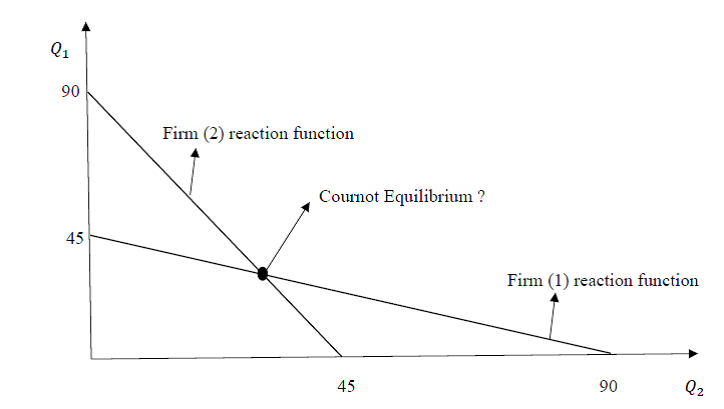
- Teacher: Clifford Bekar
- Teacher: Clifford Bekar
- Teacher: Clifford Bekar
- Teacher: Clifford Bekar
- Teacher: Clifford Bekar
new classical, and new Keynesian economists;
national income accounting; IS-LM analysis;
aggregate supply and demand; money, interest
rates, and investment; government spending and
taxation; fiscal and monetary policy.
- Teacher: Eric Tymoigne
new classical, and new Keynesian economists;
national income accounting; IS-LM analysis;
aggregate supply and demand; money, interest
rates, and investment; government spending and
taxation; fiscal and monetary policy.
- Teacher: Eric Tymoigne
- Teacher: Eric Tymoigne
- Teacher: Lily Cahill
- Teacher: Aine McCarthy
- Teacher: Aine McCarthy
- Teacher: Lily Cahill
- Teacher: Kaia Eikenberry
- Teacher: Aine McCarthy
- Teacher: Jack Allen
- Teacher: Aine McCarthy
- Teacher: Aine McCarthy
- Teacher: Aine McCarthy
- Teacher: Aine McCarthy
international economics; ideas and policies
governing international trade and finance. Trade
theory, foreign exchange markets, balance of
payments, transnational corporate activity.
- Teacher: William McColloch
constrained in the same way as economic units that
use a currency. Mechanics of monetary sovereignty
and their implications for public finances and
economic stability. Public debt, taxes, and
monetary financing. Real vs. financial constraints
and policy choices. Differences between sovereign
and nonsovereign governments.
- Teacher: Eric Tymoigne
- Teacher: Eric Tymoigne
- Teacher: Eric Tymoigne
- Teacher: Clifford Bekar
- Teacher: Eric Tymoigne
- Teacher: Clifford Bekar
- Teacher: Aine McCarthy
- Teacher: Aine McCarthy
- Teacher: Clifford Bekar
- Teacher: Eric Tymoigne
- Teacher: Eric Tymoigne
- Teacher: Kimberly Campbell
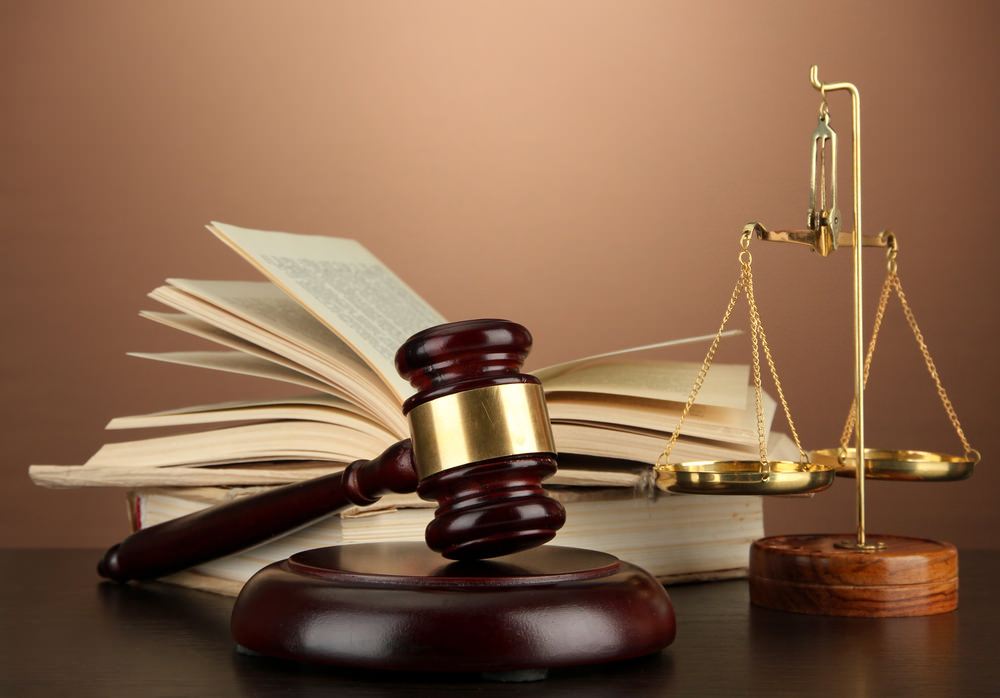
- Teacher: Cari Zall
- Teacher: Liza Finkel

- Teacher: Cari Zall
- Teacher: Alisun Thompson
- Teacher: Robert Unzueta
Critical and comprehensive review of education and, schooling in American society. Considers education, in its larger socioeconomic, political,, ideological, and cultural contexts and examines, race, class, gender, and culture in the formal, educational system. Analyzes issues of goals,, funding, governance, curricula, policy, staffing,, and reforms both in historical and contemporary, forms. Participants study education both as a, microcosm of society, reflecting the larger, struggles in the country, and as a, quasi-autonomous entity.
- Teacher: Robert Unzueta
- Teacher: Lina Darwich
- Teacher: Lina Darwich
- Teacher: Kayla Puente
- Teacher: Lina Darwich
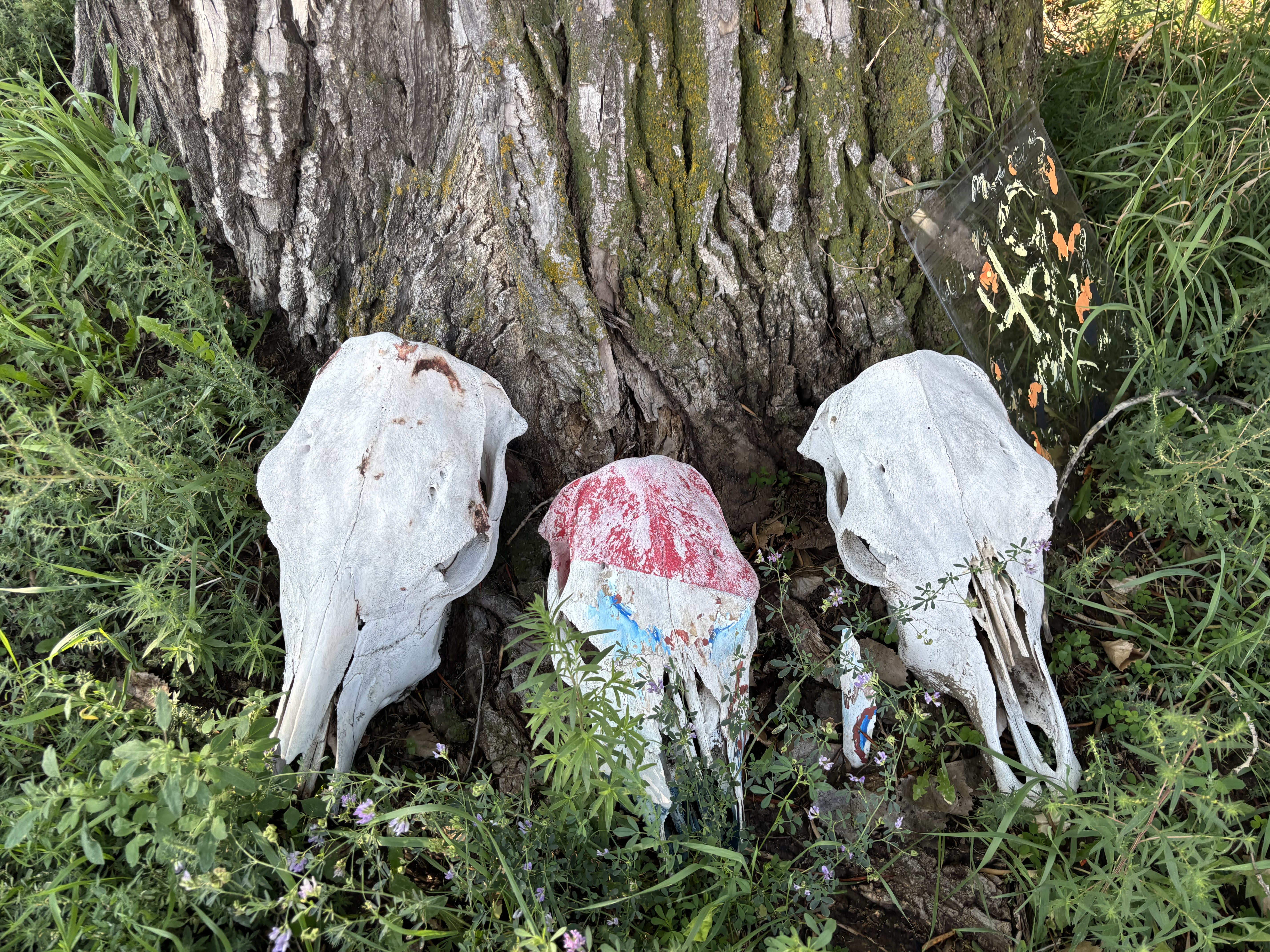
- Teacher: Maika Yeigh
- Teacher: Megan Barrett
- Teacher: Megan Barrett
working successfully in the larger political,
social, economic, legal, and cultural environment
of an educational system. Examination of landmark
legal cases, federal policies, state and local
laws, and regulations impacting school systems.
Exploration of social justice avocation through
access and equity issues that promote equitable
learning for students. Discussions of the roles
and responsibilities of policy makers and
stakeholders.
- Teacher: Ben Kates
working successfully in the larger political,
social, economic, legal, and cultural environment
of an educational system. Examination of landmark
legal cases, federal policies, state and local
laws, and regulations impacting school systems.
Exploration of social justice avocation through
access and equity issues that promote equitable
learning for students. Discussions of the roles
and responsibilities of policy makers and
stakeholders.
- Teacher: Ben Kates
- Teacher: Shelly Reggiani
- Teacher: Megan Barrett
- Teacher: Megan Barrett
working successfully in the larger political,
social, economic, legal, and cultural environment
of an educational system. Examination of landmark
legal cases, federal policies, state and local
laws, and regulations impacting school systems.
Exploration of social justice avocation through
access and equity issues that promote equitable
learning for students. Discussions of the roles
and responsibilities of policy makers and
stakeholders.
- Teacher: Megan Barrett
working successfully in the larger political,
social, economic, legal, and cultural environment
of an educational system. Examination of landmark
legal cases, federal policies, state and local
laws, and regulations impacting school systems.
Exploration of social justice avocation through
access and equity issues that promote equitable
learning for students. Discussions of the roles
and responsibilities of policy makers and
stakeholders.
- Teacher: Megan Barrett
- Teacher: David Nieslanik
- Teacher: David Nieslanik
- Teacher: David Nieslanik
leaders have strong family and community
relationships. This course defines family and
community engagement for inclusive schools,
identifies the critical stakeholders, and develops
inclusive engagement and collaborative strategies.
District demographic data and needs assessments
are used for developing family and community
engagement plans while taking into account
categories of diversity (cultural, ethnic, racial,
economic, ability). The course includes
discussions of successful family and community
engagement models.
- Teacher: David Nieslanik
- Teacher: Dawn Montgomery
- Teacher: Dawn Montgomery
- Teacher: Dawn Montgomery
- Teacher: Tod Sloan
- Teacher: Sue Feldman
- Teacher: Frances Lessman
race, it is important that each of the sprinters
speedily covers their portion of the race. Equally
important is the fluidity of transferring
responsibility from one runner to the next, the
critical passing of the baton, or "pasar la
batuta". It is in this moment when all of the
effort given by one runner helps jump start their
teammate in a seamless fashion, or when the work
is abruptly halted because the hand off is faulty.
This critical transfer can define the outcome of
the race. The analogy of "pasar la batuta" well
articulates the responsibility educational leaders
in P-12 and higher education settings have for
fashioning a seamless transition for students to
navigate. As it stands, the movement between
primary and secondary education into postsecondary
education is disjointed. This course will explore
why the transition across the educational pipeline
is choppy, what factors need to be considered in
order to facilitate a smoother move, and the
opportunities for leaders to foster that change.
- Teacher: Emilio Solano
race, it is important that each of the sprinters
speedily covers their portion of the race. Equally
important is the fluidity of transferring
responsibility from one runner to the next, the
critical passing of the baton, or "pasar la
batuta". It is in this moment when all of the
effort given by one runner helps jump start their
teammate in a seamless fashion, or when the work
is abruptly halted because the hand off is faulty.
This critical transfer can define the outcome of
the race. The analogy of "pasar la batuta" well
articulates the responsibility educational leaders
in P-12 and higher education settings have for
fashioning a seamless transition for students to
navigate. As it stands, the movement between
primary and secondary education into postsecondary
education is disjointed. This course will explore
why the transition across the educational pipeline
is choppy, what factors need to be considered in
order to facilitate a smoother move, and the
opportunities for leaders to foster that change.
- Teacher: Emilio Solano
- Teacher: Emilio Solano
- Teacher: Amy Dvorak
- Teacher: Amy Dvorak
workshop, emphasizing secondary readings that
consider life as a writer after graduation,
including the world of publishing, MFA programs,
agents, and internships. Students complete a long
project (a suite of short stories; a novella; and,
potentially, the beginning of a novel). Small
class size emphasizes individualized instruction.
- Teacher: Don Waters
- Teacher: Tessa Forth
- Teacher: Alana Rader
- Teacher: Elizabeth Safran
- Teacher: Elizabeth Safran
- Teacher: Elizabeth Safran
- Teacher: James Proctor
- Teacher: Shoshana Rybeck
- Teacher: Elizabeth Safran
- Teacher: James Proctor
- Teacher: Shelly Reggiani
- Teacher: Erin Ocon
- Teacher: Shelly Reggiani
- Teacher: Shane Burchell
- Teacher: Shane Burchell
- Teacher: Shane Burchell
- Teacher: Erin Ocon
- Teacher: Shane Burchell
social, and political characteristics of bilingualism and biculturalism in the United States and abroad. ESOL/bilingual teaching is considered in light of laws, research findings, and second-language acquisition theory. Ensures
that educators are not only able to plan and implement programs optimal learning of all students, but also gives educators the tools to advocate for equity in their schools and school communities.
- Teacher: Shane Burchell
- Teacher: Erin Ocon
- Teacher: Maureen Ray
- Teacher: Alejandra Favela
- Teacher: Erin Ocon
- Teacher: Amber Tatge
- Teacher: Alejandra Favela
- Teacher: Erin Ocon
- Teacher: Amber Tatge
- Teacher: Erin Ocon
- Teacher: Erin Ocon
- Teacher: Erin Ocon
- Teacher: Alejandra Favela
- Teacher: Alejandra Favela
- Teacher: Alejandra Favela
- Teacher: Wei-Wei Lou
- Teacher: Erin Ocon
- Teacher: Danica Jensen Weiner
- Teacher: Alejandra Favela
- Teacher: Danica Jensen Weiner
- Teacher: Sarika Mosley
- Teacher: Alejandra Favela
- Teacher: Danica Jensen Weiner
- Teacher: Sarika Mosley
- Teacher: Shane Burchell
- Teacher: Shane Burchell
- Teacher: Alejandra Favela
- Teacher: Erin Ocon
- Teacher: Shelly Reggiani
- Teacher: Shane Burchell
- Teacher: Shelly Reggiani
- Teacher: Shane Burchell
- Teacher: Nicole Hilton
- Teacher: Erin Ocon
- Teacher: Maureen Ray
- Teacher: Amber Tatge
This course is an exploration of the strategies, methodology, philosophy, and classroom organizational structure that have been found to benefit content and literacy outcomes for ELL (English language learner) students. Language experience, cooperative learning, and constructivist strategies are practices that will be examined and modeled during this course. Students will revisit first and second language acquisition, as well as sheltered instruction models, used to adapt curriculum for ELL students at all grade levels. The practices learned in this course ensure development of language proficiency by accessing content and cognitive language. Participants learn the use of authentic assessments that allow students to demonstrate learning in ways not dependent on high levels of English. Exploration of ELP (English Language Proficiency) standards and strategies will deepen student understanding of the relationship between oral language and content learning. Participants will experience a wide range of methodologies and reflect on how they impact student and teacher learning.
- Teacher: Erin Ocon
- Teacher: Amber Tatge
- Teacher: Yasin Tunc
- Teacher: Erin Ocon
- Teacher: Erin Ocon
- Teacher: Erin Ocon
- Teacher: Erin Ocon
Apprenticeship to a mentor who works in a, classroom that requires the ESOL endorsement., Practicum may be conducted in a variety of, classrooms, such as English as a Second Language, (ESL), bilingual, or English Language Development, (ELD). Practicum interns work with individuals as, well as small and large groups to practice, teaching students who are acquiring English as a, second language. As part of the practicum,, candidates are assigned an on- site mentor and a, university supervisor. Candidates are observed, teaching two ELD/ESL lessons and two sheltered, content lessons.
- Teacher: Erin Ocon
- Teacher: Erin Ocon
Theories of how first and second languages, (written and spoken) are acquired, the importance, of first-language development and its, relationship to the acquisition of other, languages, and the relationship of language to, cognitive development. Understanding of these, issues is used to promote a school environment, that honors diverse perspectives and maximizes, language learning potential and ensures respect, for communities whose languages or varieties of, English differ from standard school English., Required for the Reading Interventionist and ESOL, endorsements. The initial course in the Reading, Interventionist Endorsement sequence and, recommended preparation for other language arts, offerings.
- Teacher: Alejandra Favela
- Teacher: Julie Frank
- Teacher: Erin Ocon
- Teacher: Nicole Hilton
- Teacher: Erin Ocon
sexuality in connection with race, class, and
ethnicity in the United States. Investigation of
social and cultural ideas about difference and
equality in the past and present. Materials
include literature, film, memoir, poetry, feminist
philosophy, political tracts, and queer theory, as
well as classic and recent scholarly work in
history, sociology, economics, communication,
psychology, and other fields. Topics may include
mass media and consumer culture, work, law and
social policy, family, political activism and
social movements, sexuality and the body, public
health, medical research, violence, and theories
of privilege and oppression.
- Teacher: Andrea Hibbard
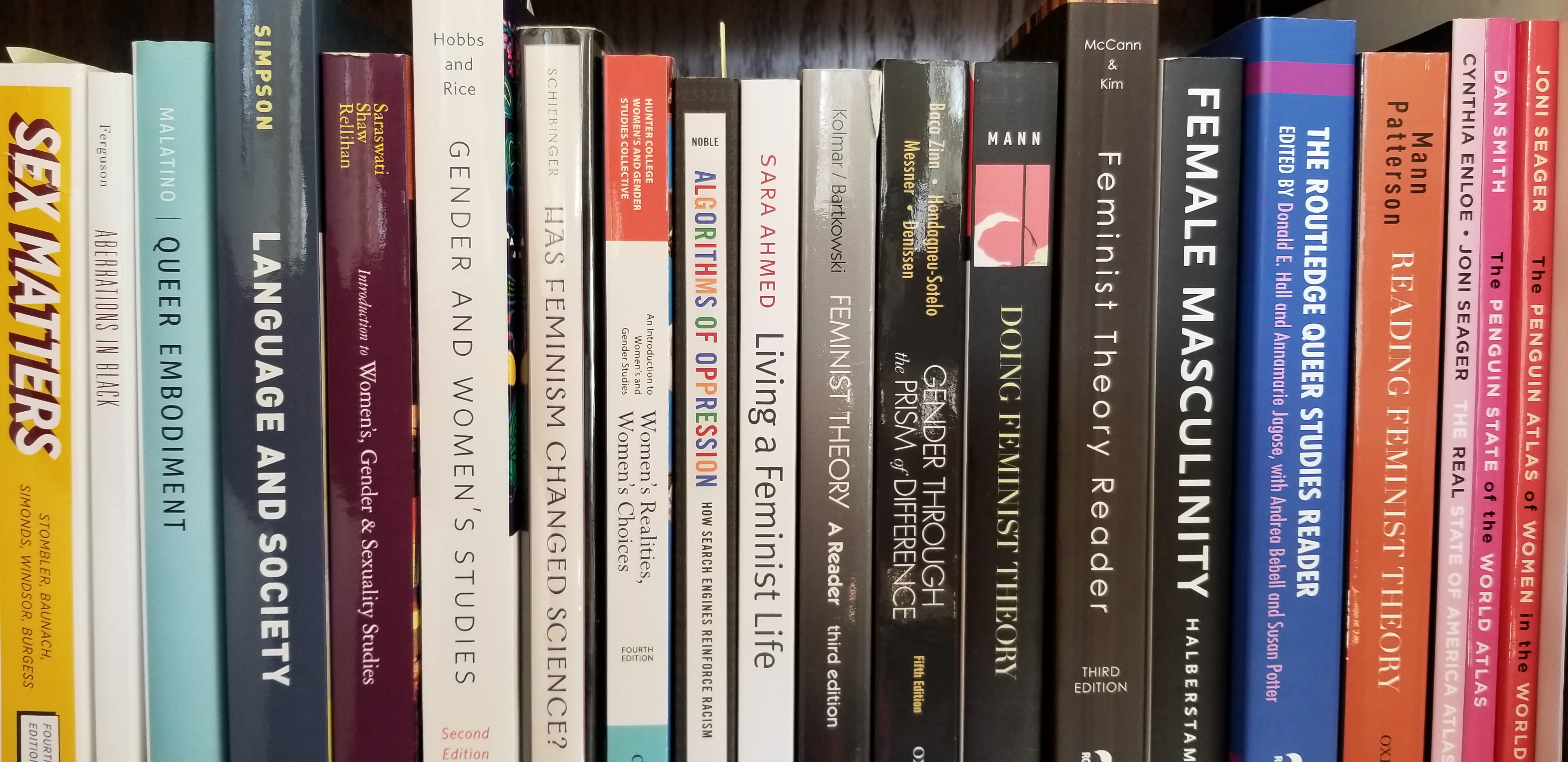
sexuality in connection with race, class, and
ethnicity in the United States. Investigation of
social and cultural ideas about difference and
equality in the past and present. Materials
include literature, film, memoir, poetry, feminist
philosophy, political tracts, and queer theory, as
well as classic and recent scholarly work in
history, sociology, economics, communication,
psychology, and other fields. Topics may include
mass media and consumer culture, work, law and
social policy, family, political activism and
social movements, sexuality and the body, public
health, medical research, violence, and theories
of privilege and oppression.
- Teacher: Kimberly Brodkin
- Teacher: Andrea Hibbard

- Teacher: Kimberly Brodkin
- Teacher: Andrea Hibbard
- Teacher: Andrea Hibbard
- Teacher: Andrea Hibbard

- Teacher: Kimberly Brodkin
- Teacher: Kimberly Brodkin
- Teacher: Andrea Hibbard
- Teacher: Kimberly Brodkin
- Teacher: Kimberly Brodkin
- Teacher: Kimberly Brodkin
- Teacher: Kimberly Brodkin
Fall 2021 - Gender Studies
231 Genders and Sexualities in a Global Perspective
Course Description: This is a feminist anthropological approach to the study of gender and sexuality. We will read some text that take a cross-disciplinary approach within the social sciences; however, this is not a general survey course. Our approach to reading emphasizes comprehension, analysis and critique, in that order. The course pace is slow - moderate.
The course has three aims/trajectories. First, it provides a historiography of studying social difference within anthropology. Anthropologists acknowledge the changing nature of culture, society, and nation. Some material will be dated. Some is not. We are looking at how theory, debates and analyses around gender and sexuality have developed/is changing over time in the discipline and within different socio-cultural settings. The second aim picks up from there. In addition to textbooks, we will read ethnographic research article and ethnographic texts that provide historical and contemporaneous descriptions of gender identity and sexual expressions in different socio-cultural settings. Third, material from popular sources will give us respite from the academic voice.
- Teacher: Kim Cameron-Dominguez

- Teacher: Susan Glosser

- Teacher: Susan Glosser

- Teacher: Susan Glosser
elements of European history, 800 to 1648. Role of
Christianity in the formation of a dominant
culture; feudalism and the development of
conflicts between secular and religious life.
Contacts with the non-European world, the
Crusades, minority groups, popular and elite
cultural expressions. Intellectual and cultural
life of the High Middle Ages, secular challenges
of the Renaissance, divisions of European culture
owing to the rise of national monarchies and
religious reformations.
- Teacher: Joel Davis
- Teacher: Benjamin Westervelt
elements of European history, 1648 to the present.
The scientific revolution, the Enlightenment,
national political revolutions, capitalism,
industrial development, overseas imperial
expansion. The formation of mass political and
social institutions, avant-garde and popular
culture, the Thirty Years' War of the 20th
century, bolshevism, fascism, the Cold War, and
the revolutions of 1989.
- Teacher: Maureen Healy
Drawing on a mix of primary sources and secondary literature, we will discover new ways of understanding the logics of conquest, the growth of new societies, and the various forms of resistance and adaptation people adopted to oppose colonialism and imperialism and assert their own visions of the settlement and resettlement of the continent. Throughout the course, we will focus on the central themes of capitalism, labor, social identity, and law and how these historical forces carry on into the present.
- Teacher: Nancy Gallman
political, cultural, economic, and social
developments of the United States from the
Revolutionary period through the Spanish-American
War. The themes underpinning the course will be
the contested nature of freedom and the
relationship between freedom and slavery; settler
colonialism; ideologies about manhood and
womanhood; the growth of capitalism; and the
expansion of the nation-state and the origins of
American empire. Along with attending to these
themes, the course will provide you with an
introduction to the discipline of history itself.
History is not a series of names and dates, but an
interpretive act in which we develop conclusions
based on various types of historical evidence.
- Teacher: Nancy Gallman
- Teacher: Reiko Hillyer
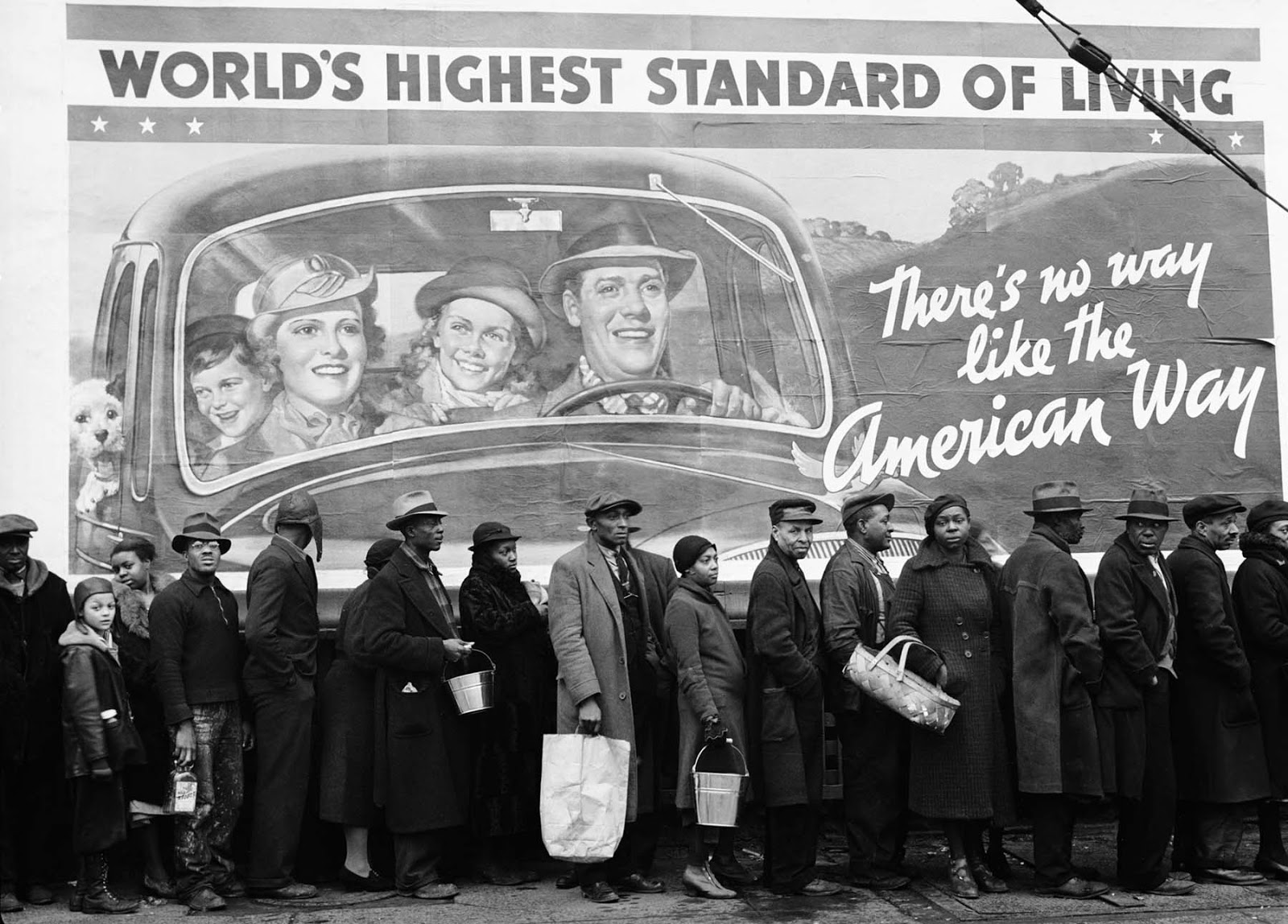
- Teacher: Stan Fonseca

The history of modern Latin America, from independence at the beginning of the nineteenth century until the present, is one that continues to have a profound political, social and economic impact on the United States. This course will provide a context for the dizzying array of episodic news reports about the vast America that lies south of the Rio Grande. It is a survey in that we will focus on broad themes, but we will also be exploring, as much as possible, the particular experiences of individual countries and social classes. Themes that we will be investigating include nation-building, industrialization, modernization, development, indigenous rights, racism, revolution, “neo-colonial” or “dependent” relations with advanced industrialized countries, military rule, social movements and narco-trafficking.
We will begin and end the course with a discussion of more recent trends in Latin America, including the rise of neoliberalism and the concurrent re-emergence of social rebellion and populism from below.
- Teacher: Elliott Young
- Teacher: Gordon Kelly
through 20th centuries: the "nationalities
question" that emerged from within the Habsburg
and Russian empires; multinational zones; wars;
successor states of the interwar period; the
Balkans and the Yugoslav dissolution of the 1990s;
consideration of East Europeans' membership in the
EU. Students will learn to do primary and
secondary source research and will conduct an
original research project over the course of the
semester.
- Teacher: Maureen Healy
- Teacher: Reiko Hillyer
States from the colonial period to the present,
with a focus on the 19th and 20th centuries as
influenced by class, race, and region. Topics
include the transformation of a household economy
to an industrial economy; the influence of slavery
and emancipation on the experience of women, bound
and free; women's movement into low-paid "women's
work" and their designation as the primary
consumers in a consumer society; women's
involvement in social reform; changing notions of
women's (and men's) sexuality; the conflicted
history of women's suffrage; the relationship
between ideologies of gender and imperialism;
suburbanization and the "feminine mystique"; and
the rights revolutions of the 20th century.
- Teacher: Reiko Hillyer
- Teacher: Nancy Gallman
that have helped shape ordinary built
environments: farms, fast-food restaurants, theme
parks, sports stadiums, highways, prisons, public
housing. Patterns of economic growth and decline,
technological innovation, segregation,
gentrification, capital migration and
globalization, historic preservation, and changing
ideologies about nature and the city.
- Teacher: Reiko Hillyer
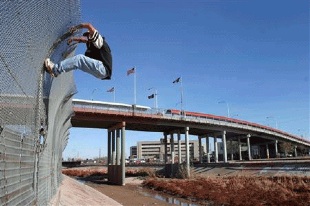
As well as studying the basic political/economic history of the border, we will explore the impact of the border on the construction of racial, national, gender and class identities. Thus, we will be seeking to understand what the border and the borderlands can teach us about ethnic and transnational relations more generally. We begin in the sixteenth century when this region was being settled by Spaniards moving north from New Spain to highlight the continuities between the colonial and national eras. However, we will spend most of our time examining the nineteenth and twentieth centuries when the US-Mexico border came into existence. Themes we will explore include race relations, capitalist development, ethnic rebellion, transculturation, migration, gender, cross-border organizing, and postmodern transborder communities.
- Teacher: Elliott Young
- Teacher: Reiko Hillyer
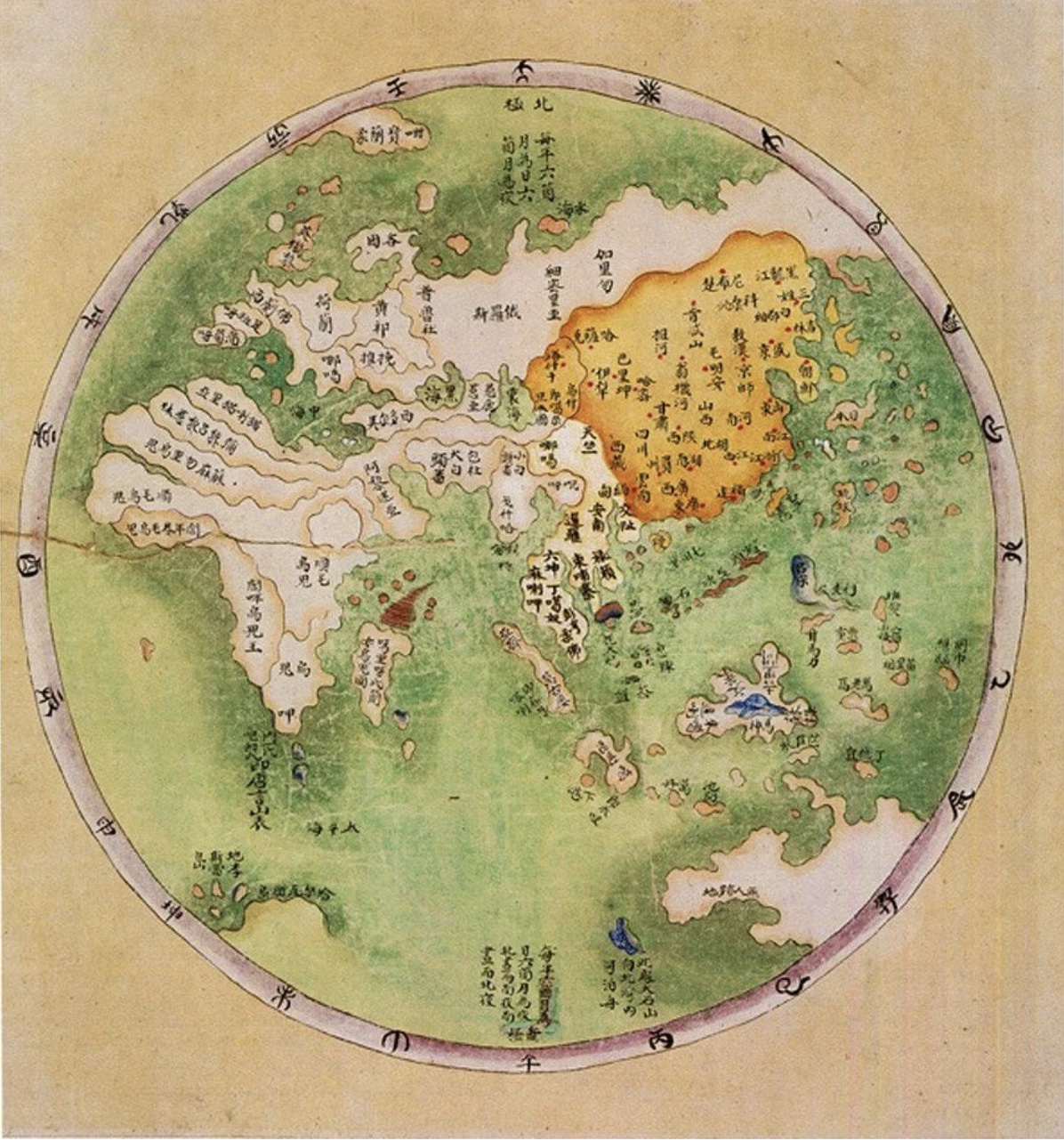
- Professor: Susan Glosser
- Teacher: Reiko Hillyer
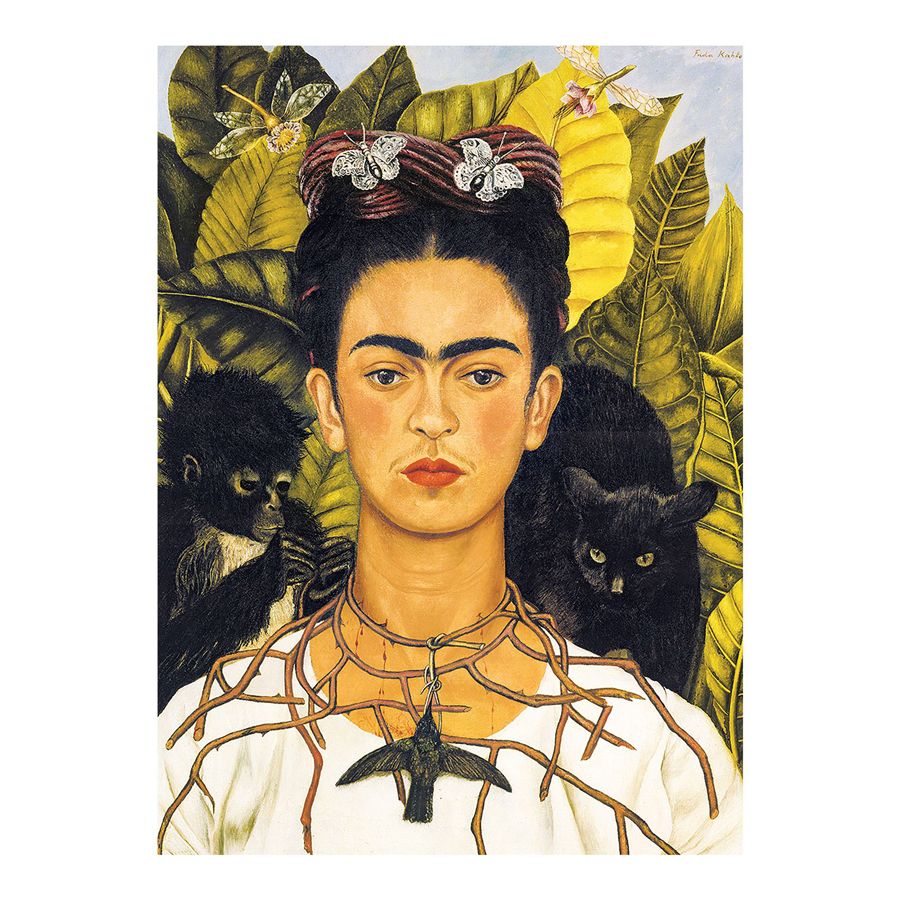
Part I- Independence and Revolution (1821-1940), explains how the Mexican State consolidated its rule and tried to foster a sense of national identity. We will focus on the crucial 34-year era of “peace and stability” under Porfirio Díaz, as well as the bloody and interminable Revolution (1910-40) that toppled his regime.
Part II- Identity and Cultural Politics takes us back to the pre-Columbian past and up to the present to ask whether there is a Mexican “essence,” and if so, what is it. We will explore post-WWII popular culture in Mexico through an examination of indigenismo, food, film, music, and political violence.
Part III- Neoliberalism, Rebellion and Political Crisis (1982- today) will investigate the period when the debt crisis, neoliberal policies, and economic crisis have fundamentally restructured Mexican society and led to the disintegration of the “old” PRI. Finally, we will end with a survey of the political scandals and armed rebellions that have rocked Mexico and led to the decline of the PRI and the destruction wrought by the Narco War.
- Teacher: Elliott Young

- Teacher: Susan Glosser
- Teacher: Lydia Loren
- Teacher: Gordon Kelly
Latin texts of the classical period. May be
repeated once with a change of topic. (See
registrar's office for assistance with registering
for a second iteration.)
- Teacher: Gordon Kelly
- Teacher: Gordon Kelly

- Teacher: Lisa Benjamin

- Teacher: Lisa Benjamin

- Teacher: Lisa Benjamin

- Teacher: Lisa Benjamin
- Teacher: Melissa Powers
- Teacher: Melissa Powers
the legal, economic, structural, and social issues
involved in electricity regulation and policy.
Covered topics include: the history and evolution
of regulation of electric utilities as monopolies,
utility ratemaking, traditional state jurisdiction
over utilities, the Federal Power Act, electricity
restructuring, electricity transmission, and an
introduction to renewable power policies.
- Teacher: Melissa Powers
- Teacher: Melissa Powers
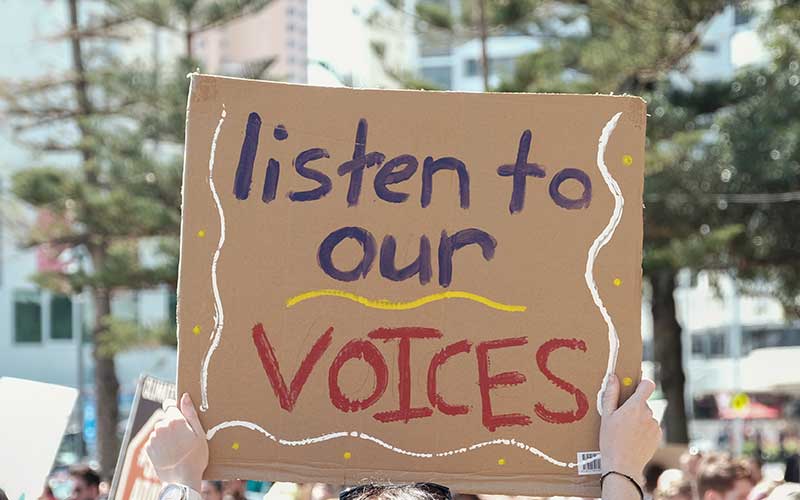
- Teacher: Lisa Benjamin

demands fair treatment in the context of
environmental protection for all people,
regardless of race, ethnicity, gender, religious
affiliation, economic status, national origin and
education level. It looks at environmental issues
through the lens of discrimination and assesses
how that discrimination shapes both vulnerability
and resilience. This course examines the
Environmental Justice movement and the
disproportionate impacts borne by vulnerable
constituents in the domestic and international
context of government regulation, corporate
activity, climate and energy concerns, and
environmental degradation. Readings include
selected cases, law review articles, case studies,
executive orders, legislation, and UN
declarations.
In addition to the course texts and supplemental
readings, we will also view select documentaries
and hear from guest speakers from community-based
organizations working to address racial and
socioeconomic disparities.
- Teacher: Lisa Benjamin

The Environmental Justice movement
demands fair treatment in the context of
environmental protection for all people,
regardless of race, ethnicity, gender, religious
affiliation, economic status, national origin and
education level. It looks at environmental issues
through the lens of discrimination and assesses
how that discrimination shapes both vulnerability
and resilience. This course examines the
Environmental Justice movement and the
disproportionate impacts borne by vulnerable
constituents in the domestic and international
context of government regulation, corporate
activity, climate and energy concerns, and
environmental degradation. Readings include
selected cases, law review articles, case studies,
executive orders, legislation, and UN
declarations.
In addition to the course texts and supplemental
readings, we will also view select documentaries
and hear from guest speakers from community-based
organizations working to address racial and
socioeconomic disparities. The class will be
graded principally on the basis of a final
research paper, along with class participation and
presentations.
Summer 2024 Course Descripton
This section will be offered online.
This class will explore the causes of and
solutions to environmental racism and injustice.
It will consider disparities faced by communities
of color, indigenous peoples, and low-income
groups in access to and control over the
environmental requisites for health and
well-being. The class will examine various legal
tools' potential to help bring about environmental
justice, highlighting the appropriateness of
different tools for different contexts. Students
will be expected to view the class videos and
participate in online discussion in the time
frames allotted.
- Teacher: Lisa Benjamin
Intellectual Property Law Survey course if they:
(a) have already taken two or more of the
following three courses: Copyright Law, Patent Law
& Policy, Trademark Law; (b) will be concurrently
enrolled in two or more of the three courses in
the same semester as the Intellectual Property
Survey; or (c) have already taken one of those
three courses and will be concurrently enrolled in
one or more of the three courses in the same
semester as the Intellectual Property Survey.
This course surveys the main areas of
intellectual property law, including state trade
secrecy and unfair competition law, and
federal patent, copyright, trademark law. It
introduces each subject and explores
commonalities and differences among different
systems of intellectual property protection. A
central theme is the challenges to traditional
legal paradigms posed by new technologies and the
shift to an information-based economy. The course
is intended for all students who seek a basic
understanding of the laws applicable to key
assets of most businesses, as well as for
students interested in becoming intellectual
property specialists. Each unit of the course
includes a required hands-on exercise to
reinforce the doctrine covered during class.
- Teacher: Lydia Loren
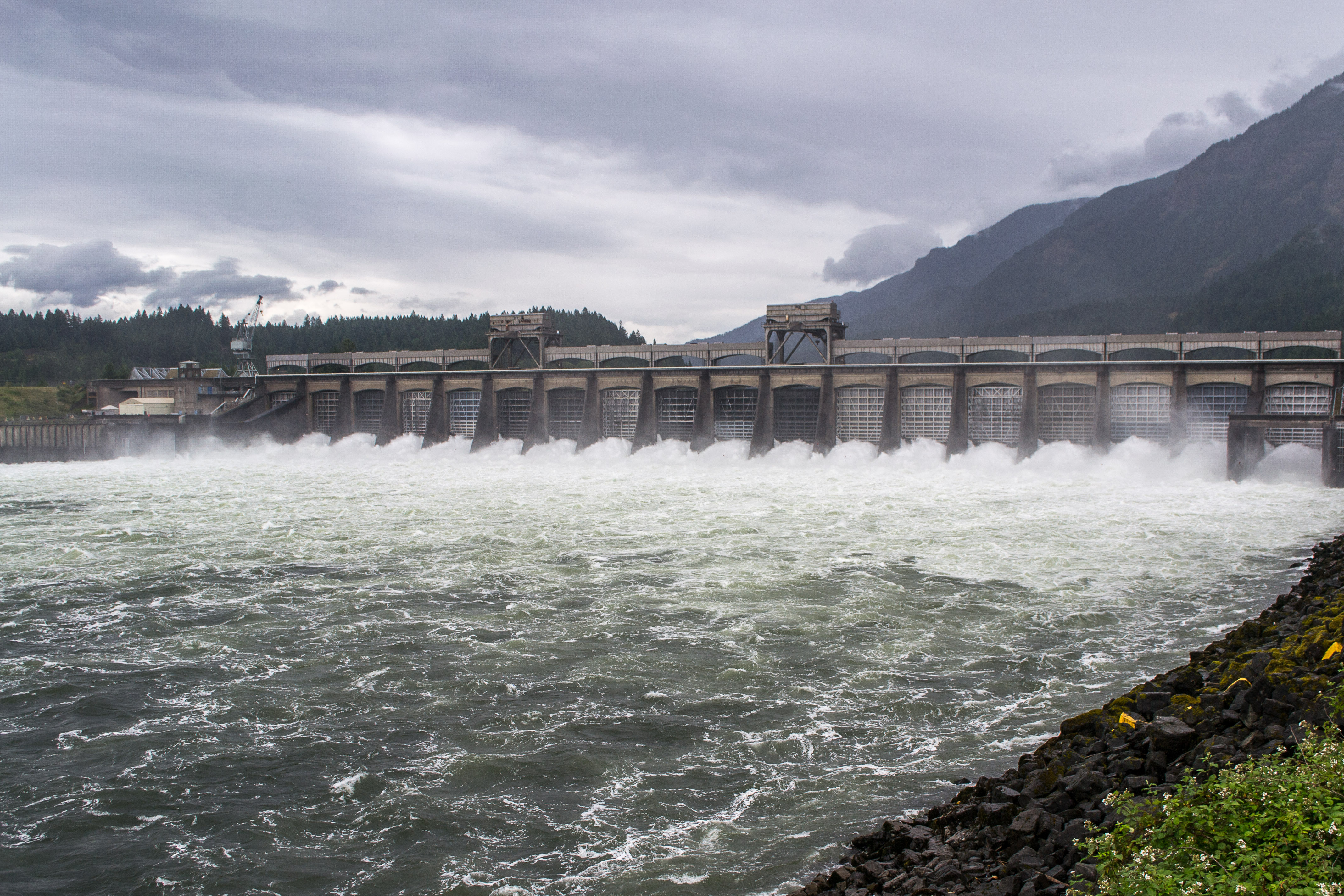
- Teacher: Daniel Rohlf

Public Lands and Resource Law - Professor Dan
Rohlf
This course surveys the
constitutional, statutory and common law governing
the management of federal lands. It includes a
review of the history of public land acquisition,
disposition, and reservation, and also examines
the authority of Congress, the executive, the
judiciary, and the states over public lands which
predominate in the western United States. The
course examines laws related to the use of forest,
range, mineral, water, wildlife, recreation and
wilderness resources of the public lands as well
as the application of the National Environmental
Policy Act and the Endangered Species Act to
federal lands. We'll also discuss changes in public lands laws and policies likely to take place during the second Trump Administration.
- Teacher: Daniel Rohlf
for securing and using water rights in surface
water and groundwater for private and public uses
in the United States. We will examine the riparian
and prior appropriation doctrines of water
allocation, groundwater management regimes, the
public rights to water, and federal and tribal
water management and regulation of water
resources. We will also consider the evolving role
of science, economics, and policy in water
allocation law. The paper requirement for this
class qualifies as a substantial paper for
purposes of the Certificate in Environmental,
Natural Resources, and Energy Law but does not
qualify for the WIE writing requirement.
- Teacher: Karen Russell
for securing and using water rights in surface
water and groundwater for private and public uses
in the United States. We will examine the riparian
and prior appropriation doctrines of water
allocation, groundwater management regimes, the
public rights to water, and federal and tribal
water management and regulation of water
resources. We will also consider the evolving role
of science, economics, and policy in water
allocation law. The paper requirement for this
class qualifies as a substantial paper for
purposes of the Certificate in Environmental,
Natural Resources, and Energy Law but does not
qualify for the WIE writing requirement.
- Teacher: Karen Russell
- Teacher: Joyce Tischler
- Teacher: Todd Lochner
- Teacher: Devra Hermosilla
- Teacher: Devra Hermosilla
To gain a solid understanding of the fundamentals of wireless networking while developing a strong working knowledge of SafeConnect, guess wireless access, and troubleshooting wireless network issues.
Read the documentation and watch the videos below and receive 90% or higher on the quiz to complete this course and earn your badge.
- Teacher: Logan Drain
- Teacher: Hannah Korn
- Teacher: Steve McCurry
- Teacher: Chel (michelle) Pennock
necessary to practice family therapy from
liberation and social justice based frameworks.
This includes interrogating multiple embedded
systems of power and privilege relative to
interconnections of identity and social position.
Focus is on helping students become capable family
therapists in diverse global and multicultural
contexts, including becoming aware of their own
beliefs, biases, and prejudices relative to
culture, race, ethnicity, gender, age, sexual
orientation, socioeconomic status, physical or
mental ability, religion or spirituality, health
or legal status, or nation of origin, or other
marginalized and underserved communities.
- Teacher: Erica Hartwell
- Teacher: Erica Hartwell
necessary to practice family therapy from
liberation and social justice based frameworks.
This includes interrogating multiple embedded
systems of power and privilege relative to
interconnections of identity and social position.
Focus is on helping students become capable family
therapists in diverse global and multicultural
contexts, including becoming aware of their own
beliefs, biases, and prejudices relative to
culture, race, ethnicity, gender, age, sexual
orientation, socioeconomic status, physical or
mental ability, religion or spirituality, health
or legal status, or nation of origin, or other
marginalized and underserved communities.
- Teacher: Erica Hartwell
- Teacher: Erica Hartwell
necessary to practice family therapy from
liberation and social justice based frameworks.
This includes interrogating multiple embedded
systems of power and privilege relative to
interconnections of identity and social position.
Focus is on helping students become capable family
therapists in diverse global and multicultural
contexts, including becoming aware of their own
beliefs, biases, and prejudices relative to
culture, race, ethnicity, gender, age, sexual
orientation, socioeconomic status, physical or
mental ability, religion or spirituality, health
or legal status, or nation of origin, or other
marginalized and underserved communities.
- Teacher: Erica Hartwell
- Teacher: Erica Hartwell
- Teacher: Tod Sloan
women's rights, LGBTQ equality, civil rights,
labor reform, and nation building. Will entail
critical listening, examination of primary and
secondary sources, and research papers.
- Teacher: Kaley Mason
doing ethnographic fieldwork in Portland music
scenes. Topics unfold over three stages. First, a
prefield introduction to research design,
politics, and ethics. Second, an infield focus on
skill sets for participating in, observing, and
documenting the social life of a music-centered
scene. Third, a postfield emphasis on
relationships, rights, responsibilities, and
representational strategies. In class, we discuss
readings from anthropology, ethnomusicology,
sociology, performance studies, and folklore,
along with individual work in progress.
- Teacher: Kaley Mason
- Teacher: Kaley Mason
- Teacher: Kaley Mason
and understand the physical universe. Conservation
of energy, second law of thermodynamics, entropy,
theory of relativity, wave-particle duality of
matter.
- Teacher: Bethe Scalettar
- Teacher: Bethe Scalettar
- Teacher: Bethe Scalettar
- Teacher: Bethe Scalettar
- Teacher: Bethe Scalettar
- Teacher: Bethe Scalettar

introductory physics course aimed at life science
and chemistry majors. Electrostatics, magnetism,
induced currents and fields, electrical circuits,
wave motion and sound, light, optics, wave
properties of matter, atomic physics, nuclear
physics. Students may not earn credit for both
PHYS 142 and PHYS 152. Lecture, lab.
- Teacher: Matthew Powell
comparative politics. Fundamental differences in
the organization of states, democratic political
institutions (presidentialism versus
parliamentarianism, for example), and domestic
social forces (for example, social capital, ethnic
versus nonethnic identities). The impact of
political organization on economic performance and
social peace.
- Teacher: Ben Gaskins
- Teacher: Ben Gaskins
- Teacher: Ben Gaskins
comparative politics. Fundamental differences in
the organization of states, democratic political
institutions (presidentialism versus
parliamentarianism, for example), and domestic
social forces (for example, social capital, ethnic
versus nonethnic identities). The impact of
political organization on economic performance and
social peace.
- Teacher: Ben Gaskins
- Teacher: Ben Gaskins
- Teacher: Ben Gaskins
- Teacher: Todd Lochner
- Teacher: Todd Lochner

- Teacher: Todd Lochner
- Teacher: Erin Ocon
- Teacher: Leigh Vonderahe
causes much of the world's violence," exploring
the best arguments for and against this
proposition framed by maximalist claims that
religion is inherently prone to inspiring
violence, and minimalist claims that religion is
either peaceful or subordinated to other (e.g.,
economic or political) concerns. Consideration of
various definitions of "religion" to see how it
might motivate a range of behaviors both peaceful
and violent. Attention given to pervasive
religious phenomena (such as sacrifice,
conversion, holy/just war, and apocalypticism)
that might inspire violence, as well as
theological and ethical frameworks that may
counteract violence. In a multi-stage, guided
research project, students will pursue case
studies of specific instances of violence
apparently related to religion, thereby testing
and employing the analytical lenses developed in
the course.
- Teacher: Paul Powers
- Teacher: Paul Powers
causes much of the world's violence," exploring
the best arguments for and against this
proposition framed by maximalist claims that
religion is inherently prone to inspiring
violence, and minimalist claims that religion is
either peaceful or subordinated to other (e.g.,
economic or political) concerns. Consideration of
various definitions of "religion" to see how it
might motivate a range of behaviors both peaceful
and violent. Attention given to pervasive
religious phenomena (such as sacrifice,
conversion, holy/just war, and apocalypticism)
that might inspire violence, as well as
theological and ethical frameworks that may
counteract violence. In a multi-stage, guided
research project, students will pursue case
studies of specific instances of violence
apparently related to religion, thereby testing
and employing the analytical lenses developed in
the course.
- Teacher: Paul Powers
The self and its transformation: How have various East Asian religions understood the self and its potential for spiritual development? What paths for self-cultivation and liberation are offered by these traditions?
Religion and the state: What kinds of relationships have existed between religion and the state in East Asia?
Religious mixing and competition: What has been the relationship between different religious traditions within a particular cultural milieu? In what ways are they competing, and in what ways are they reconciled?
Religion and modernity: How has modernity affected the function and jurisdiction of religion in East Asian countries?
The course is not meant to comprehensively represent East Asian religious traditions, but rather to examine closely a few examples that richly illustrate the complexity of the above questions. Nonetheless, students will develop a strong foundation of knowledge about the religious landscape of East Asia, and a basic understanding of the doctrines and practices of various traditions.
- Teacher: Jessica Starling

Attention will be given to diverse notions of the path and goal of Buddhism, the dynamics of lay-monastic relations, the interplay of practical and trans-worldly concerns, and Buddhism’s transformations in specific historical and cultural settings.
- Teacher: Jessica Starling
- Teacher: Jessica Starling
- Teacher: Melanie Kohnen
- Teacher: Melanie Kohnen
implications of digital technology and innovation
on cultural expression, media storytelling,
democracy, globalization, and news gathering and
dissemination. New media theory and investigation
of meaning, knowledge, and power related to
digital technologies. Investigation of the nature
of production of consumption and active audiences.
- Teacher: Melanie Kohnen
- Teacher: Mitch Reyes
- Teacher: Tatiana Osipovich
- Teacher: Anna Gonzalez
- Teacher: Anna Gonzalez
- Teacher: Educational Technology Administrator
- Teacher: Lisa Hatfield
- Teacher: Anna Gonzalez
- Teacher: Tim Cook
- Teacher: Tim Cook
- Teacher: Tim Cook
- Teacher: Tim Cook
students to financial, economic, and budgetary
issues within Higher Education with particular
emphasis on student affairs. Students will review
the primary political, economic, and social issues
influencing higher education finance; examine
revenue streams and expenditure patterns; survey
tuition and financial aid policies; develop the
ability to examine and analyze financial
information; and assess the budget as an
instrument of strategic planning, resource
allocation, and control. This course is grounded
in literature, theories, and examples specific to
higher education. The goal for this class is to
provide students with the knowledge and abilities
that empower them to make appropriate decisions as
higher education leaders. Through assigned
readings, lectures, and webcast materials, and by
active course participation, including completion
of assigned activities, students will have the
opportunity to demonstrate their familiarity with
the following topics: financing higher education;
political influences; higher education revenue
sources and uses; and institutional budgeting and
planning.
- Teacher: Tim Cook
- Teacher: Anna Gonzalez
This course is designed to build upon Student Development Theory I and is considered to be second in a 2-part series. Coursework will enhance students’ understanding of processes of student learning, growth, and development during college. Special focus will focus on recent theories including diversity in development and the extent to which these theories are used to guide individual, institutional and systemic decision-making and practice.
- Teacher: Cathy Busha
- Teacher: Cathy Busha
- Teacher: Anna Gonzalez
- Teacher: Danielle Torres
- Teacher: Danielle Torres
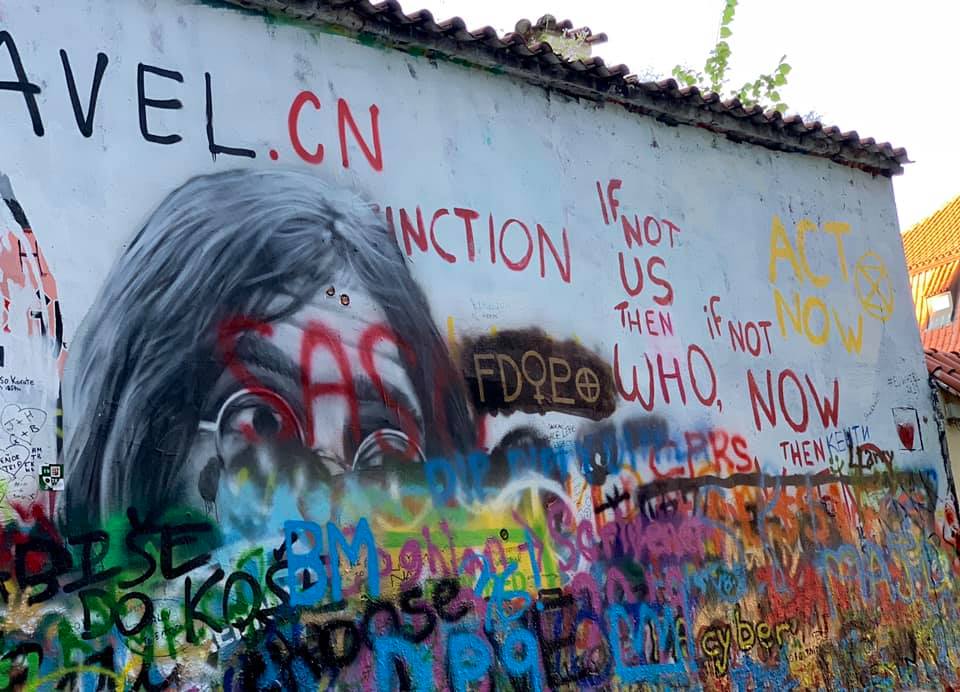
- Teacher: Tamara Tribitt

- Teacher: Tamara Tribitt
- Teacher: Danielle Torres

- Teacher: Tamara Tribitt
- Teacher: Danielle Torres
- Teacher: Danielle Torres
- Teacher: Danielle Torres

- Teacher: Tamara Tribitt
- Teacher: Danielle Torres

diverse communities as identified by race,
ethnicity, gender, class, sexual orientation, age,
disability, or religion. Addresses methods for
positively impacting social and cultural diversity
and equity issues including the possible effects
of culture, race stereotyping, family,
socioeconomic status, gender, sexual identity,
language, and values on student development and
progress in the school setting. Content and
methodology emphasize small-group activities,
collaboration, and use of data to create equity
for all students. Candidates practice taking an
active role in supporting all students and focus
on eliminating the achievement gap.
- Teacher: Tamara Tribitt
- Teacher: Maryann Bylander
- Teacher: Kim Cameron-Dominguez
- Teacher: Sarah Warren
- Teacher: Sarah Warren
- Teacher: Sarah Warren
- Teacher: Maryann Bylander
- Teacher: Kim Cameron-Dominguez
This project will require work (participant observation, fieldnotes, maybe interviews, and library research) outside of class preparation. So, as you decide whether to take this class, consider if you have the time and willingness to devote to the work this semester.
- Teacher: Kim Cameron-Dominguez
- Teacher: Maryann Bylander
- Teacher: Maryann Bylander
- Teacher: Sarah Warren
- Teacher: Sarah Warren
- Teacher: Maryann Bylander
- Teacher: Kabir Heimsath
- Teacher: Kim Cameron-Dominguez
- Teacher: Kim Cameron-Dominguez
- Teacher: Elena Diamond
assessment sequence that addresses
psycho-educational, social, emotional, and
behavioral assessment of children and adolescents.
In this course, the focus is on gaining competency
with the skills and tools needed to collect,
interpret, and present data using
psycho-educational assessments involving cognitive
and academic measures.
- Teacher: Cynthia Panko
- Teacher: Jennifer Twyford
- Teacher: Allison Watkins
- Teacher: Jennifer Twyford
assessment sequence that addresses
psycho-educational, social, emotional, and
behavioral assessment of children and adolescents.
In this course, the focus is on gaining competency
with the skills and tools needed to collect,
interpret, and present data using
psycho-educational assessments involving cognitive
and academic measures.
- Teacher: Kayla Hartman
- Teacher: Bich Do
- Teacher: Sabrina Josephson
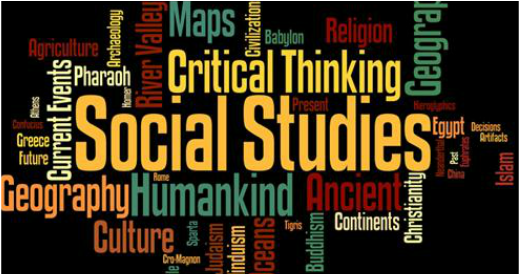
- Teacher: Cari Zall
English translation from a variety of linguistic
traditions while focusing on a literary genre
(poetry, prose, fiction, drama, film), period
(medieval, premodern, modern, contemporary),
and/or theme (aesthetics, storytelling, nature,
community, power, gender, sexuality, etc.).
Lectures, discussions, student essays, and
secondary readings on literary, cultural,
historical, philosophical, religious, and social
context of works studied. Asks questions such as:
How do genres and texts vary (or carry) across
cultures? How do historical and cultural contexts
alter our readings of these texts? Topics vary
from year to year. Taught in English; no
background in language or literature required. May
be repeated for credit with a change of topic;
however, registration for subsequent sections must
be done via the registrar's office.
- Teacher: Catherine Sprecher Loverti
- Teacher: Catherine Sprecher Loverti